A Grokkist campaign is a collaborative adventure built around a living question. We begin not with a fixed curriculum, but with a Flame Keeper — someone who shares a personal story to spark curiosity, connection, and exploration. From there, we follow the trail of what’s alive in the room.
BYO Curriculum is our current campaign. It asks:
What happens when you bring, build, or become your own curriculum?
Over ten weeks, we’re weaving a collective learning journey rooted in curiosity, care, and creative experimentation — not outcomes, but unfolding.
Watch Richard’s talk Learning From Other People’s Truths for a companion piece to this reflection, and join the campaign if your curiosity is stirred.
🪵 From the Flame Keeper’s Hearth
✍️ Richard Bennet
Some people stumble into education. Others get lost in it. I’ve always wanted to remake it.
As a playwright, I see my story in Arcs. In this little piece, I aim to detail some parts of me that have led to the creation of this campaign.
I hope that with this, you will not only be more intrigued to participate, but also be encouraged to share the bits of your story that have shaped you and have led to the desire to Reimagine Education, however you interpret such a wide topic.
Act I: Background

Who am I?
I was born in Puerto Rico as a half-Spanish/half-American kid, but I mostly grew up in Paris where I spent 10 years. There, I was in a French school surrounded by mostly mono-national people, where I struggled to situate myself despite the joys of such a wonderfully rich cultural context.
After, I moved to Barcelona where I finished my high school in the Lycée Français de Barcelone within a more international environment where I was more comfortable and started to flourish.
Then, I studied my Bachelor’s in the USA (Wesleyan University) with a self-designed major in “Critical Education Technology” which enabled me to explore my varied academic interests and diversify my methodological approaches.
This stage was also where I started to question much more directly the meaning, purpose and affect of Education. As for my professional career, my first post-graduation job was when I moved to Bangladesh to be a Teaching Fellow at Asian University for Women (AUW) working with underserved women from countries across Asia, trying to make the Liberal Arts experience more accessible and applying the theory I had gotten throughout college.
Most recently, I have had a brief stint as a consultant before heading back to Bangladesh to do research on the Garment Sector to develop insurance solutions to protect the workers in clothing factories.
Why even listen to me?
As a humble Flame Keeper, I’ve wandered from dusty lecture halls to vibrant circles of co-creation. I carry scrolls filled with lived tales, misadventures, and moments of magic from my journey through diverse lands of education.
Yet I do not claim to hold all the answers, only a compass forged from curiosity and a deep reverence for the wisdom others bring.
If you travel beside me on this quest, know that I seek not to lead, but to weave; not to instruct, but to invite. Together, let us enchant the future with the best of what we've seen and what we've yet to imagine.
Act II: Evolution

Where do my ideas come from?
Here are some books that have helped me navigate the gap between what we’re taught and what we truly need to learn.
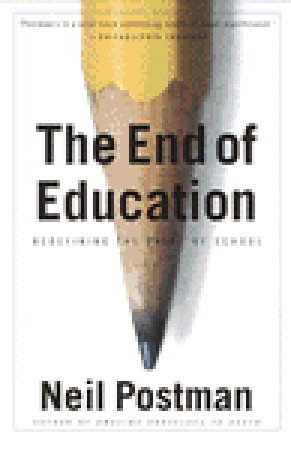
The End of Education - Neil Postman → the power & importance of narratives in driving purpose and moving systems as well as individuals.
“Without a narrative, life has no meaning. Without meaning, learning has no purpose. Without a purpose, schools are houses of detention, not attention.” – The End of Education
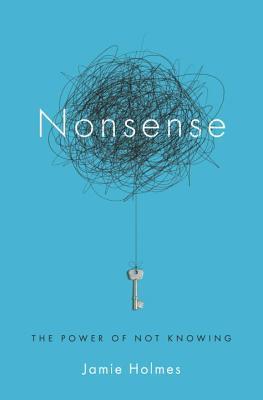
Nonsense - Jamie Holmes → how to be comfortable with ambiguity & the power of not knowing.
“The more comfortable you are with ambiguity, the more creative and resilient you become.” – Nonsense
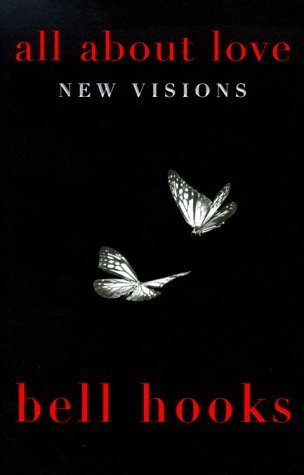
All About Love - bell hooks → how love can influence your life and give you direction, without losing the grounding in reality and becoming too idealistic.
“To know love we have to invest time and commitment. Dreaming that love will save us, solve all our problems or provide a steady state of bliss is a prescription for failure.” – All About Love
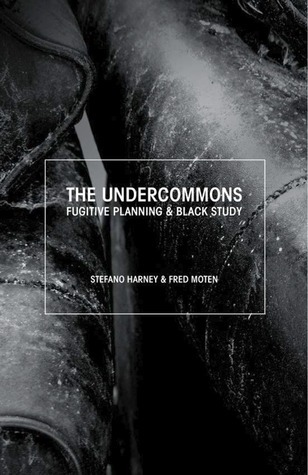
The Undercommons - Moten & Harney → questioning the structures that regiment our lives, radical reimagining & the intricate relationships of power, resources, individual desire, and collective necessities.
“The university needs what it cannot bear to know.” – The Undercommons
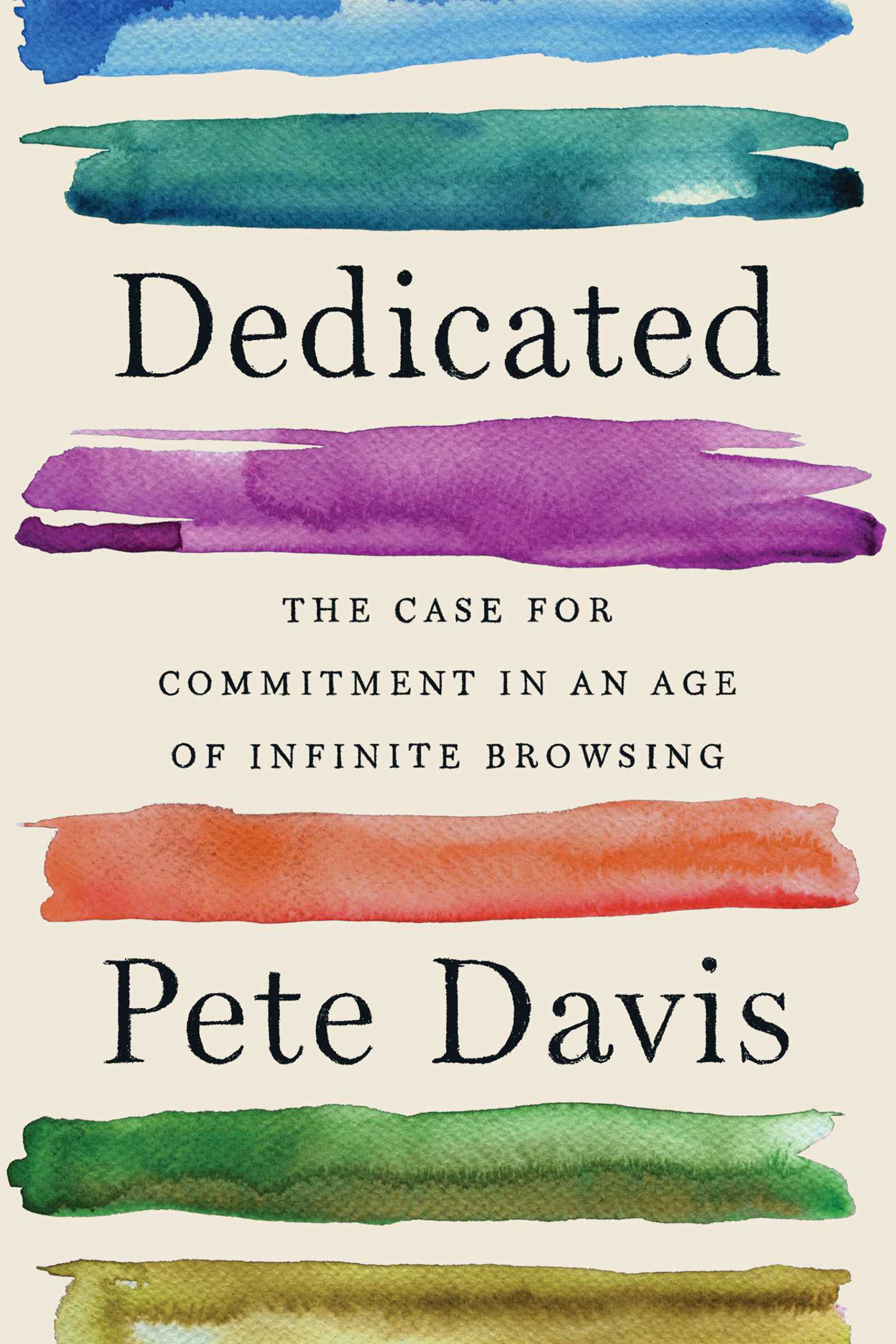
Dedicated - Pete Davis → the importance of Commitment in a digital age.
“What if instead of always keeping our options open, we pursued a path—not because it was guaranteed to succeed, but because it was ours?” – Dedicated

Candide - Voltaire → Idealism and positivity confronted with injustice and suffering, how to situate oneself within this chaos told from a narrative lens.
“We must cultivate our garden.” – Candide
How have my ideas evolved in practice?
The most meaningful and powerful experiences I have had come from grounding my work in community and people, implementing ideas and theories in a real-world context moving past the boundaries of “theory” and “practice”. What is one without the other?
First came Disorientation, a club I created with some friends in college to ground the critique of the University in community-building and lived perspectives of the institution. Here, I sought to create a space where curiosity and care could flourish while giving a voice and an outlet for students, and connecting this to both institutional memory and mutual support through a zine as an artifact of knowledge, emotion and self-expression.
Then, at AUW I experienced firsthand the tensions of an educational mission with the difficulties of its implementation. Some of the themes that I grappled with were compromise & commitment, working within imperfect systems, disillusionment & hope. There is no clear answer on any of these tensions, but I carry these questions with me in all that I do.

Currently, I am on a journey with The Simon Project where I try to push back against structural injustice most people in the Western world are blind to but play a part in, namely the clothing industry supply chain. This is a fascinating challenge in building academic, corporate and governmental coalitions to address systemic challenges.
From all of this I learnt that in every realm, the most potent magic is not cast with wands or weapons, but with words. Language is the first spell in any great quest: it conjures visions, summons allies, and reveals hidden paths. It can bind a fellowship or break a curse.
Language is the first spell in any great quest: it conjures visions, summons allies, and reveals hidden paths.
The way we name the world shapes how we move through it and what we believe is possible within it. To frame an idea is to inscribe it into the fabric of reality. To name a goal is to place a shimmering waypoint on the map ahead.
Whether you’re crafting manifestos, whispering incantations of encouragement, or rallying a team around a shared vision, language is your most versatile tool and sharpest blade. Wield it with intention, and the impossible begins to bend.
Act III: Reimagining
The idea of Reimagining Education came from a tension I kept encountering: the distance between what we teach and what we truly need to learn.
I’ve sat in classrooms where knowledge felt like a script, not a conversation. I’ve met brilliant people who carry wisdom that doesn’t fit into a syllabus. I’ve experienced growth not through rigid systems, but through curiosity, chaos, and conversation.
I’ve sat in classrooms where knowledge felt like a script, not a conversation. I’ve met brilliant people who carry wisdom that doesn’t fit into a syllabus.
I’ve experienced growth not through rigid systems, but through curiosity, chaos, and conversation.
So I ask:
- What if education felt more like a quest than a checklist?
- What if we could build a space where learning is personal, purposeful, and playful; where the curriculum grows with us?
This project is grounded in a belief: ideas should lead to action, not just discussion. That’s why we’re building in small, reflective exercises and collaborative opportunities that help transform insight into artefacts of growth in any format: a zine, a workshop prototype, a podcast episode, a ritual, a curriculum map, even a moodboard.
We’re not just talking about change — we’re building from it.

This Is Where You Come In
So, from this was born the BYO Curriculum Campaign: A flexible, low-stakes, high-meaning learning path that blends:
- Personal experience and curiosity (what’s alive for you?)
- Collaborative spirit (learning with, not just from, others)
- Changemaking without burnout (impact, not hustle)
- The Grokkist ethos (understanding through deep exploration)
- Fun and experimental formats (because play is serious work)
My version? I’m prototyping a curriculum that weaves together philosophical inquiry and self-reflection — things like how to be more stoic in a chaotic world, or how to unpack the invisible assumptions you carry through life.
As you can tell, I am still figuring out what to do within this Campaign for myself, but that is also part of the journey. That’s why I’m stepping into this campaign not with answers, but with an open map.
For everyone involved, including myself, the aim is not to preach or prescribe, but to invite exploration forged in context and humility, not ideology. I let myself be surprised by the process, and I will incorporate the experiences of the Campaign within my project as we all figure out how/what to BYO.
✨ Join the Quest
The BYO Curriculum Campaign is an invitation to reimagine learning from the inside out. There’s no one path to follow — you might bring your own questions, build your own pathway, or become your own curriculum entirely.
What to bring:
🧠 Your curiosity.
🌿 Your lived experience.
✨ A spark of something you're currently enchanted by.
🌀 The courage to imagine something wild, weird, and wondrous.

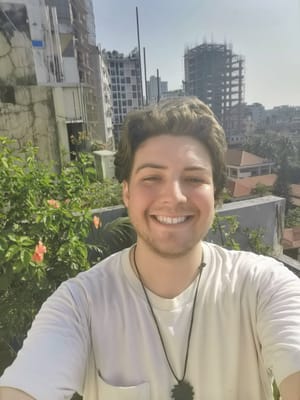
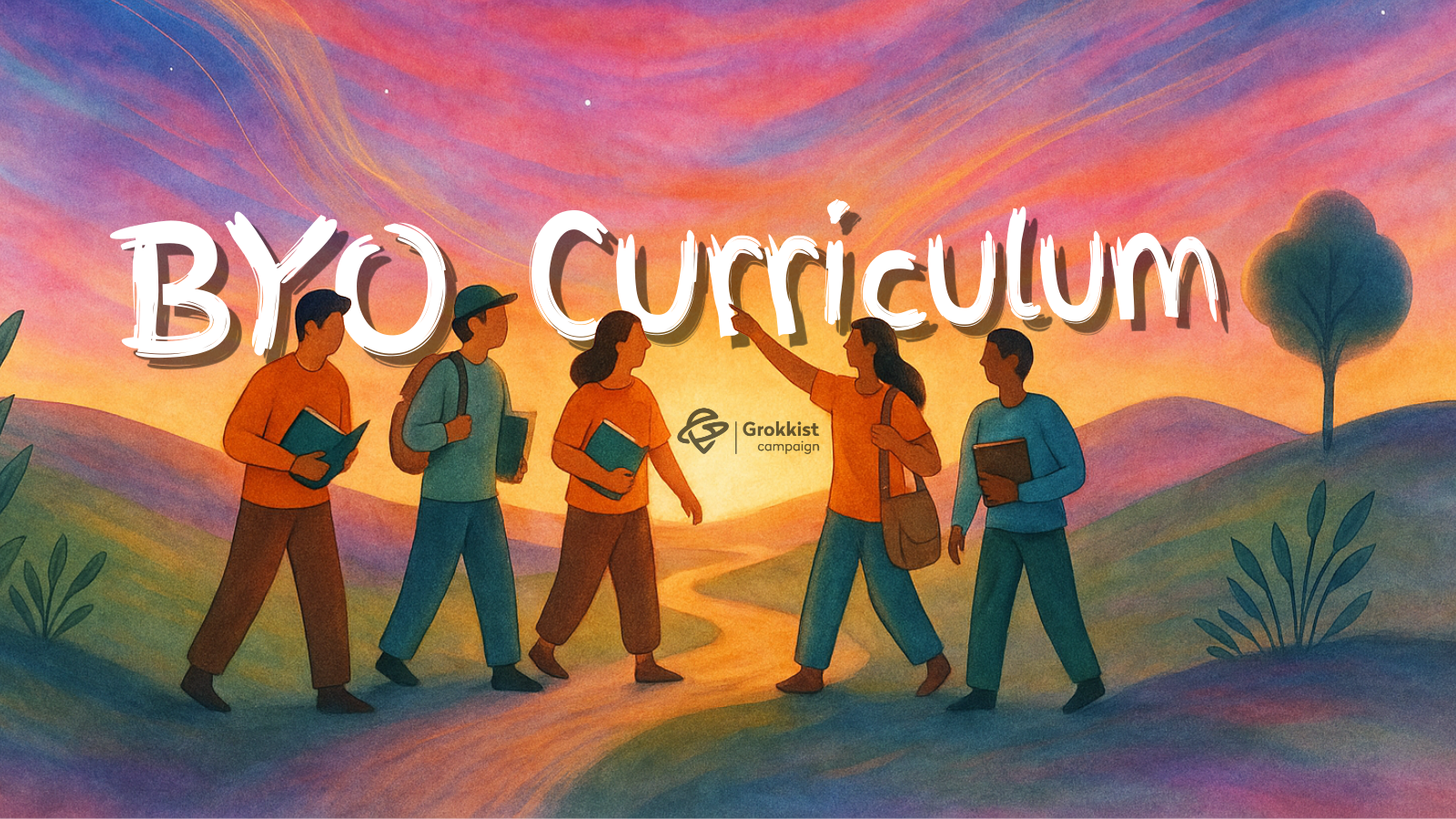
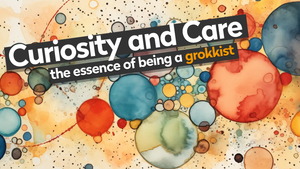








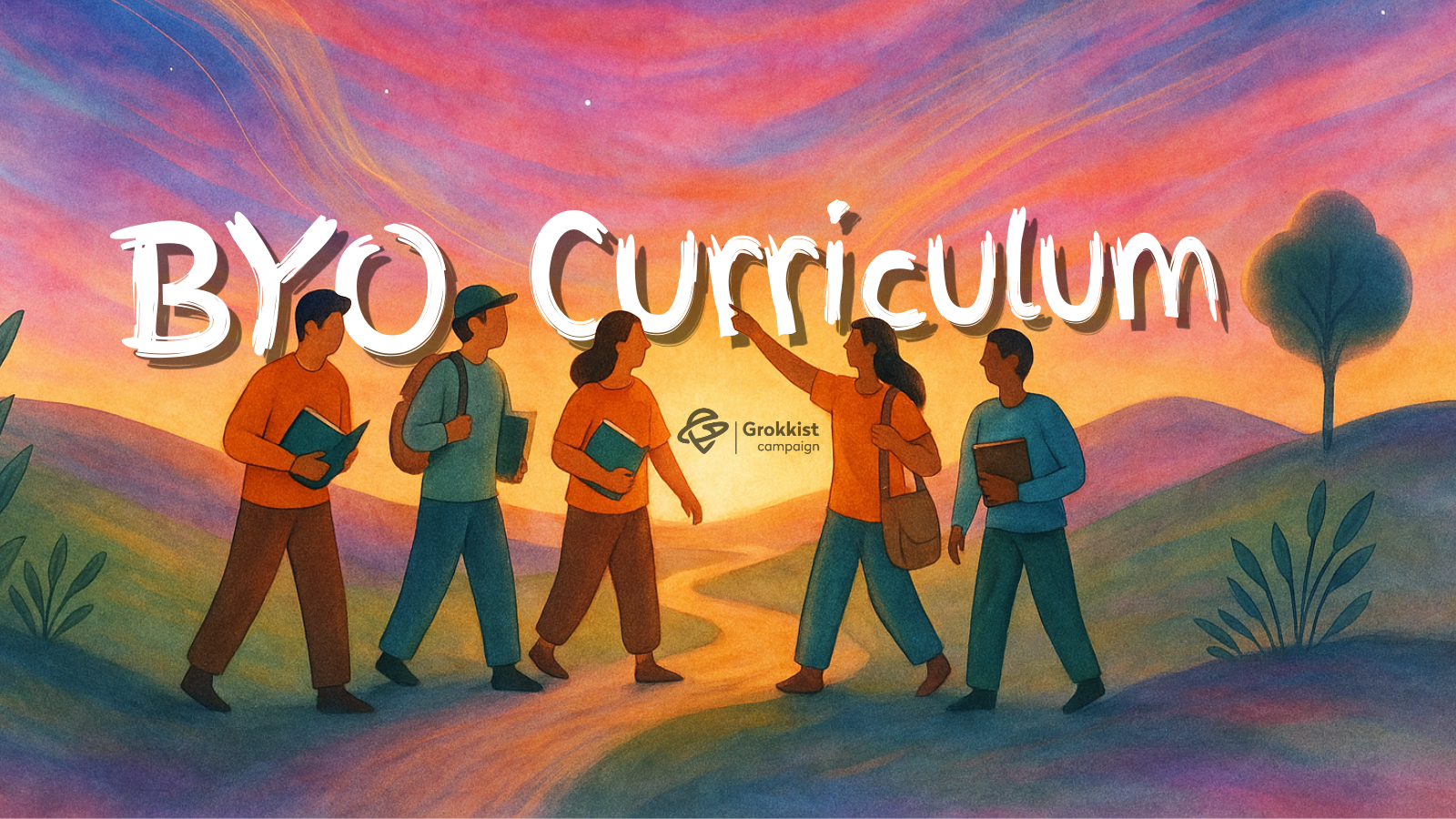
Member discussion